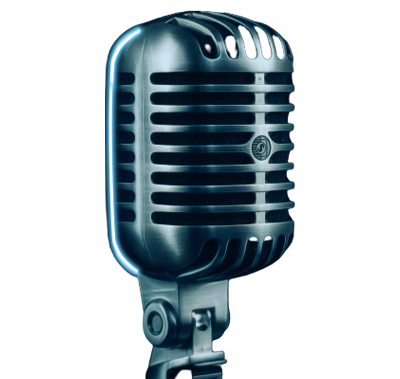Language sits at the heart of a good interview. It sits at the heart of a bad one.
Regular readers may vaguely recall we like to collect the odd word or phrase.
Let’s start with some positives, and the power of language to paint a picture or prove a point. Here are two compelling examples, both on the same theme of inequality or – depending on your perspective – greed:
“The richest one percent grabbed two-thirds of all new wealth created since 2020 – a colossal $42 trillion.”
Oxfam/Politico 16th January
“Chelsea FC spent more in January than the combined total of every single club in the Bundesliga, La Liga, Serie A and Ligue 1.”
BBC Sport 1st February
What about language that does the opposite – obscures, or confuses? One of each from media training sessions this month, starting with the former…
Toolkit (“We’ve developed a toolkit to help…”)
I can’t stand the word. It means nothing to the audience unless you explain what it actually is or does.
As for a word that confuses? Arisings (“Arisings vary each year but have been between 10 and 25 tons over the last five years”)
I’ve never heard the word used in this context before. What they were actually talking about was…grass cuttings.
So why not just say that?


